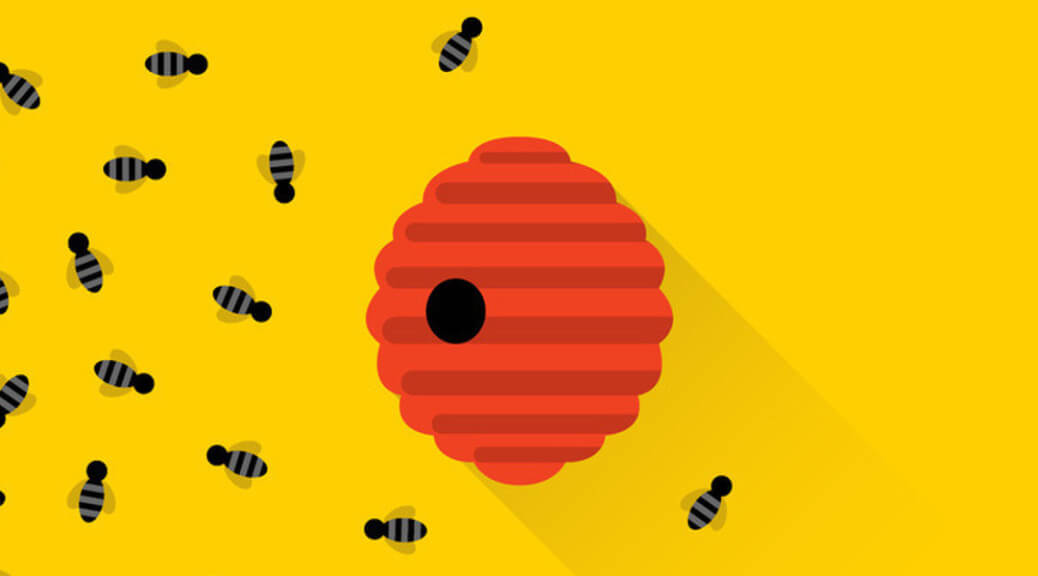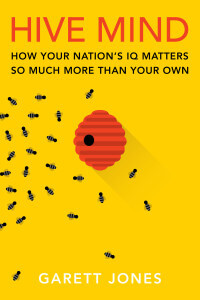
This year I will be making a series of predictions about the future, and assigning each of them a probability. I was inspired to do so by Scott Alexander and Phillip Tetlock. Too many commentators make vague predictions about future events and then declare victory however things turn out. So, in the interest of holding myself to a higher standard than a fortune cookie or horoscope, here are my predictions for 2016:
World Events
- Canadian year-over-year CPI growth will be higher than it was in December 2015: 90%
- Canadian year-over-year CPI growth will be at least 2.0%: 60%
- American year-over-year CPI growth will stay below 1.0%: 60%
- American year-over-year CPI growth will stay below 2.0%: 80%
- Unemployment in the US will be lower than it was in December 2015: 60%
- Unemployment in Canada will be lower than it was in December 2015: 60%
- Canadian year-over-year real GDP growth will be lower in 2016 than in 2015: 70%
- American year-over-year real GDP growth will be lower in 2016 than in 2015: 60%
- Iranian year-over-year real GDP growth will be higher in 2016 than it was in 2015: 80%
- The S&P 500 will end 2016 lower than it started: 60% (note that I am making this prediction on January 26th, and it has already fallen since January 1st)
- The price of crude oil will be above $35 USD at the end of 2016: 70%
- The price of crude oil will be above $30 USD at the end of 2016: 90%
- The price of Bitcoin will be above $400 USD at the end of 2016: 70%
- The Canadian Federal Government will not decriminalize marijuana: 90%
- The US Federal Government will not decriminalize marijuana: 99%
- At least one more US State will decriminalize adult use and cultivation of marijuana: 60%
- Donald Trump will not win the Republican nomination: 60%
- Conditional on Trump winning the nomination, voter turnout as a percentage of the voting age population will be higher than it was in the 2012 presidential election: 90%
- Conditional on Trump losing the nomination, voter turnout as a percentage of the voting age population will be lower than it was in the 2012 presidential election: 60%
- Hillary Clinton will be the Democratic nominee: 80%
- Hillary Clinton will be elected President: 60%
- ISIS will hold less territory than it did at the beginning of 2016: 90%
- ISIS will lose Raqqa: 60%
- The Force Awakens’ worldwide gross will exceed that of Titanic: 80%
- The Force Awakens’ worldwide gross will not exceed that of Avatar: 80%
- No 2016 movie will gross more than The Force Awakens: 90%
- Leonardo DiCaprio will finally win an Oscar: 90%
The post Predictions for 2016 appeared first on The Economics Detective.



